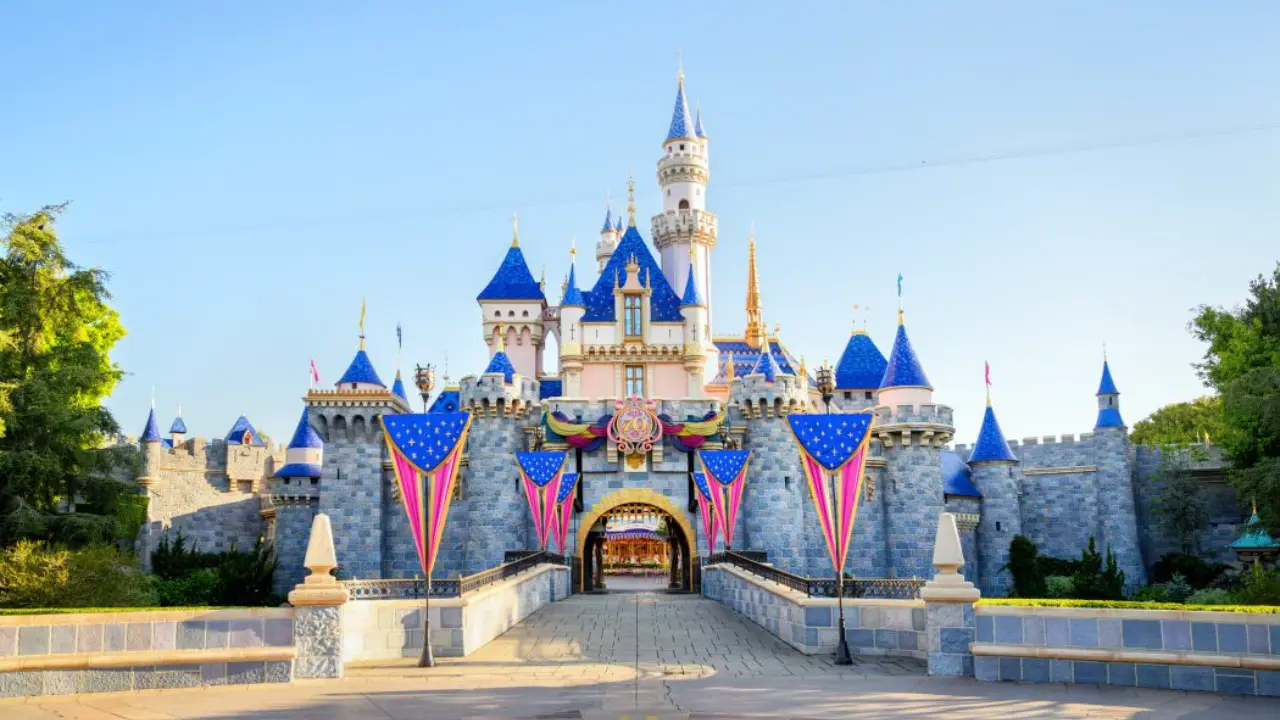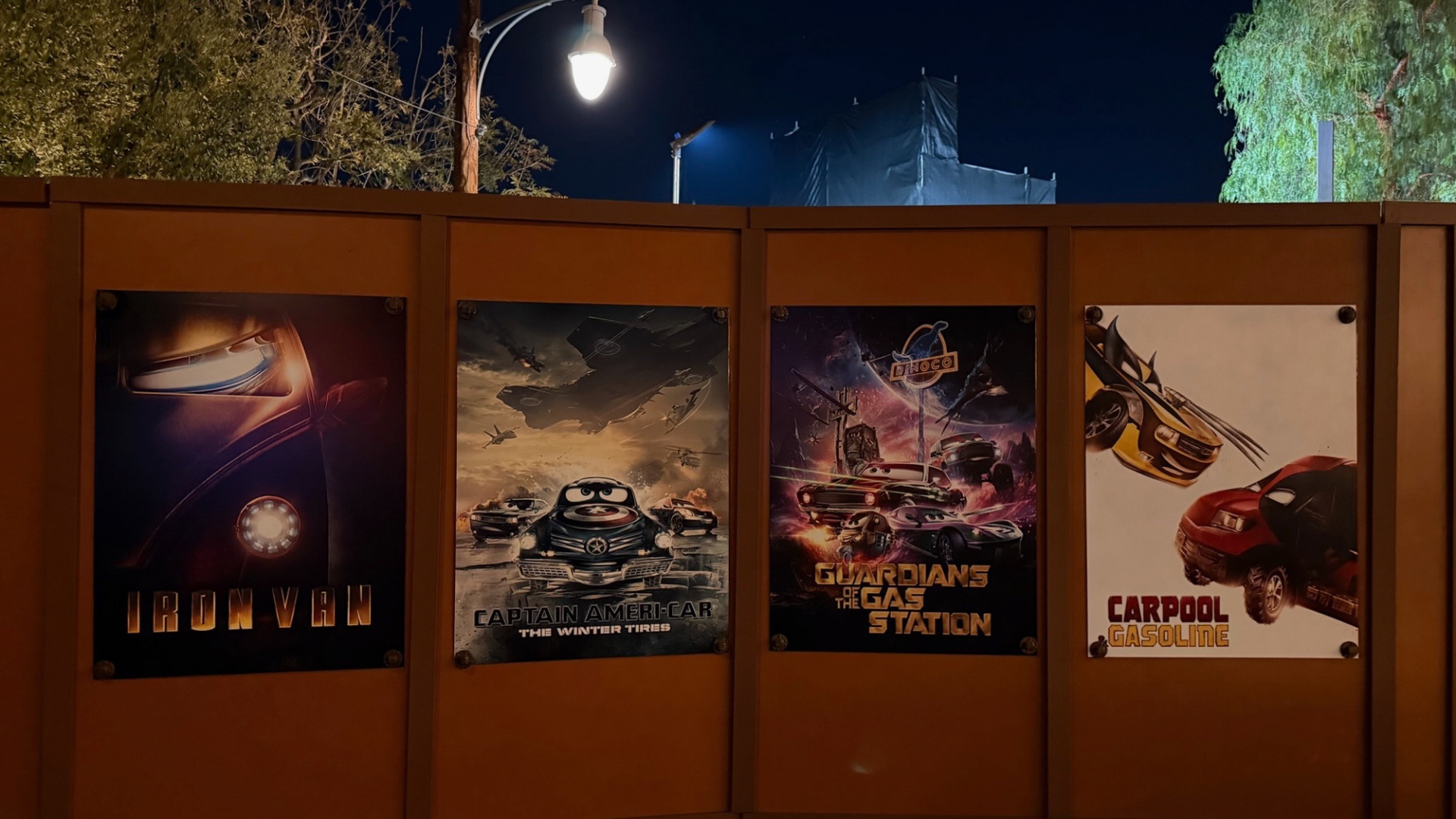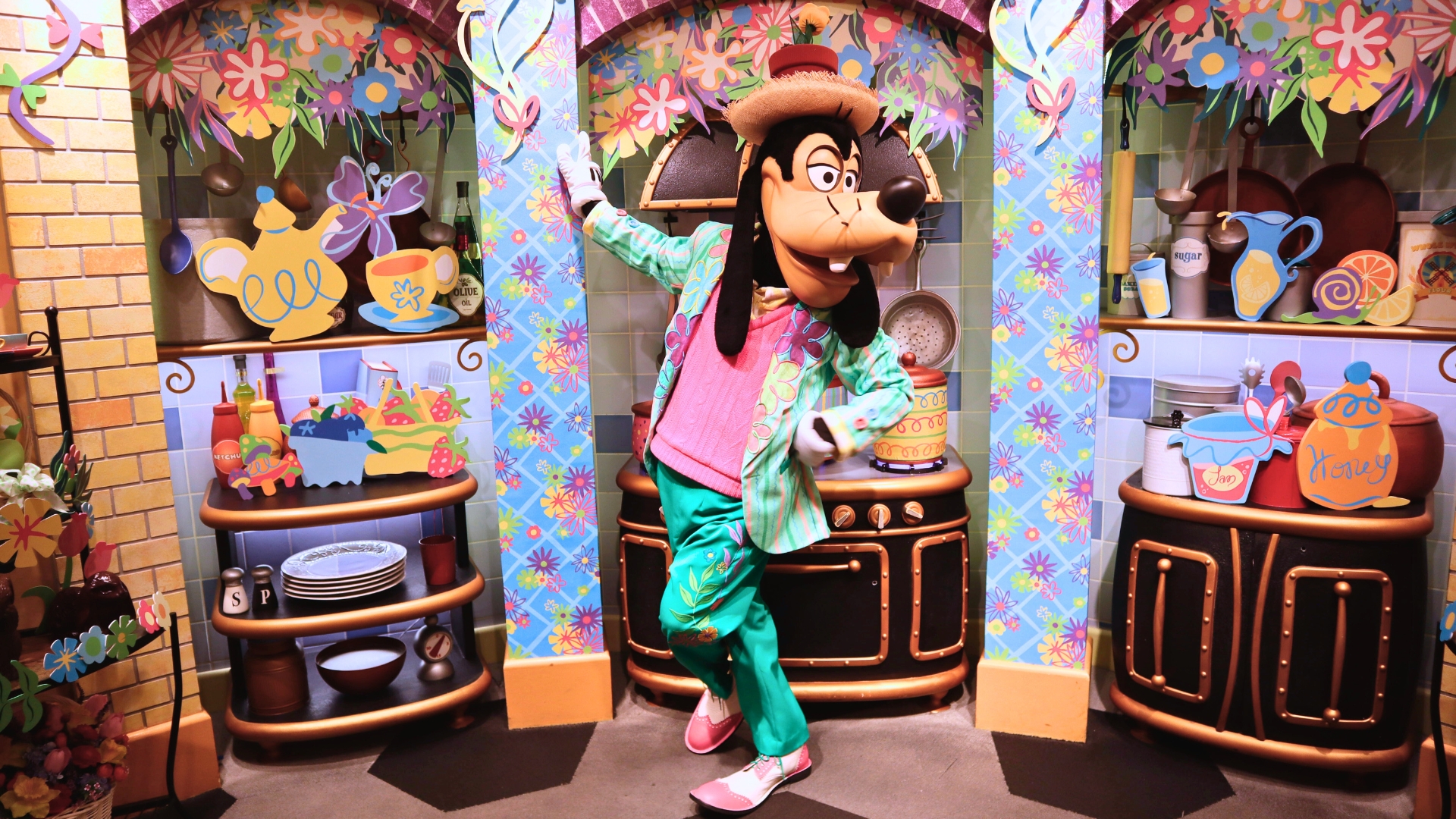NEW YORK, United States (AFP) – The Walt Disney Co. and fast food giant McDonald’s Corp. have announced they are ending a decade-old marketing alliance but denied the deal was ending because of concerns over obesity.
The firms announced the break-up in separate statements, but insisted their lucrative tie-up was ending amicably for business reasons and not over worries about fast food contributing to the problem of youth obesity.
“The 10-year McDonald’s/Disney alliance is ending for sound business reasons on both sides,” said the burger chain’s senior vice president for corporate relations, Jack Daly.
“This was a mutual decision made more than a year ago — a fact that is well known in the business world,” he said.
Daly rejected a Los Angeles Times story that said Disney abandoned the pact because it does not want to be linked to junk food. The report was “based on Hollywood hearsay” and was “a misrepresentation of the truth”, he said.
Los Angeles-based Disney also insisted that the decision had no link to health concerns and said the relationship remained friendly.
“To set the record straight, we have had a very positive relationship with McDonalds for the last 10 years and are looking forward to our upcoming movies Cars and Pirates of the Caribbean which will be supported by McDonalds’ promotions,” the firm said in a statement.
“While our contract with them will expire at the end of the year, we look forward to a more flexible, non exclusive relationship where we will be working with them on a case by case basis,” it added.
The marketing alliance between two of the most iconic US brands will end with this summer’s release of the Pixar movies “Cars” and Disney’s “Pirates of the Caribbean: Dead Man’s Chest”.
Last July, McDonald’s ended an exclusive tie-up with Disney and signed a two-year worldwide marketing deal with DreamWorks Animation.
The arrangement starts next year and will see McDonald’s snatch the Oscar-winning green ogre Shrek among other DreamWorks characters from rival chain Burger King.
But at the time, McDonald’s said it was negotiating a possible extension of its partnership with Disney, including the placement of McDonald’s restaurants at Disney theme parks.
Daly said the DreamWorks deal was vindication of the decision by McDonald’s to go for “more flexibility and options in our entertainment relationships”.
For a decade, McDonald’s has tied its products in with new Disney releases through an array of marketing promotions including movie-character figurines in its Happy Meals for children.
For Disney, the deal was worth royalties of 100 million dollars a year, the LA Times reported.
But the newspaper said Disney executives had become concerned about linking cartoon characters to the fattening fast food that is most associated with McDonald’s.
Analyst Laura Martin of Soleil Media Metrics said health concerns could be part of the thinking for the decision, but that “a bigger determinant to ending a deal is economics.”
She said the 100 million dollar royalties figure, if true, would have only a minimal impact on Disney operating earnings and that it could replace its McDonald’s pact with other partnerships.
Apple Computer boss Steve Jobs, who joined Disney’s board after the conclusion last week of the company’s acquisition of his Pixar Animation Studios, has voiced concerns over childhood obesity in the past.
The issue has been rising up the political agenda in the United States, home to the highest rates of obesity in the world.
Former president Bill Clinton announced last Wednesday that soft-drink makers had agreed to replace high-calorie sodas sold in schools with healthier drinks in an effort to curb child obesity.
Clinton, who launched an anti-obesity campaign after undergoing heart surgery, said nine million US children are overweight today and 70 percent risk becoming overweight or obese as adults.





